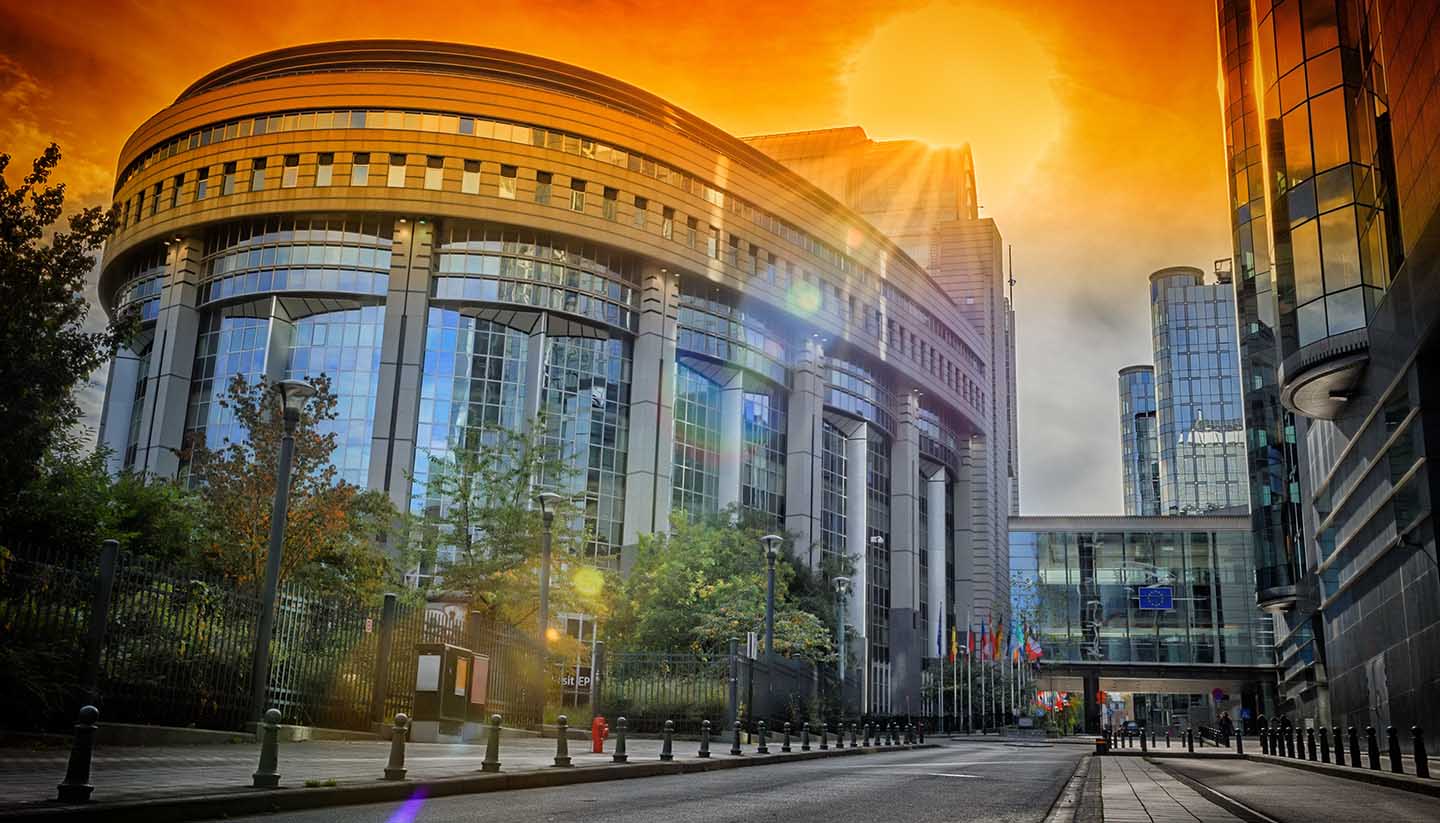Money and duty free for Belgium
Currency and Money
Currency information
Euro (EUR; symbol €) = 100 cents. Notes are in denominations of €500, 200, 100, 50, 20, 10, and 5. Coins are in denominations of €2 and 1, and 50, 20, 10, 5, 2, and 1 cents.
Credit cards
Visa and Mastercard are widely accepted across Belgium, especially in cities, shops, restaurants, and hotels. Contactless and mobile payments are commonly used.
ATM
ATMs are very common in Belgian cities and towns, and accept international cards. They generally dispense euros.
Banking hours
Mon-Fri 09:00 to 16:00.
Currency restrictions
There are no restrictions on importing or exporting euros or foreign currency within the EU, but if you carry €10,000 or more (or equivalent) in cash, you must declare it when entering or leaving the EU.
Belgium duty free
Overview
Belgium's duty-free allowance for travellers arriving from within the EU:
Travellers aged 17 and over can bring goods freely from other EU countries for personal use. Taxes must already have been paid in the country of purchase. Customs officers may question large quantities to confirm personal use:
• 800 cigarettes or 400 cigarillos or 200 cigars or 1 kg of smoking tobacco.
• 10 L of spirits or 20 L of fortified wine.
• 90 L of wine (60 L of which can be sparkling).
• 110 L of beer.
Belgium's duty-free allowance for travellers arriving from outside the EU:
Travellers over 17 years old may bring in the following without paying customs duty:
• 1L of spirits over 22% alcohol by volume or 2L of beverages below 22% alcohol by volume.
• 4L of wine.
• 16L of beer.
• Other goods up to the value of €430 for air or sea passengers (reduced to €215 for travellers under 15).
Banned Imports
Prohibited imports include meat and dairy products from non-EU countries, endangered species and their products (ivory, protected leathers, specific plants), illicit drugs, and counterfeit or pirated goods.
There is a ban on the import of the following goods from the Russian Federation into the EU: diamonds, gold, jewellery, cigarettes, cosmetics, seafood (e.g. caviar), spirits (e.g. vodka), shoes, clothing and smartwatches.
This list is not exhaustive. Travellers should check the official Belgian Customs or government website or contact the nearest embassy for the latest rules.
Banned Exports
Prohibited exports include endangered species and their derivatives, historical or cultural artefacts without export permission, narcotics, and psychotropic substances.
This list is not exhaustive. Travellers should consult Belgian Customs or an embassy for updated export restrictions.


